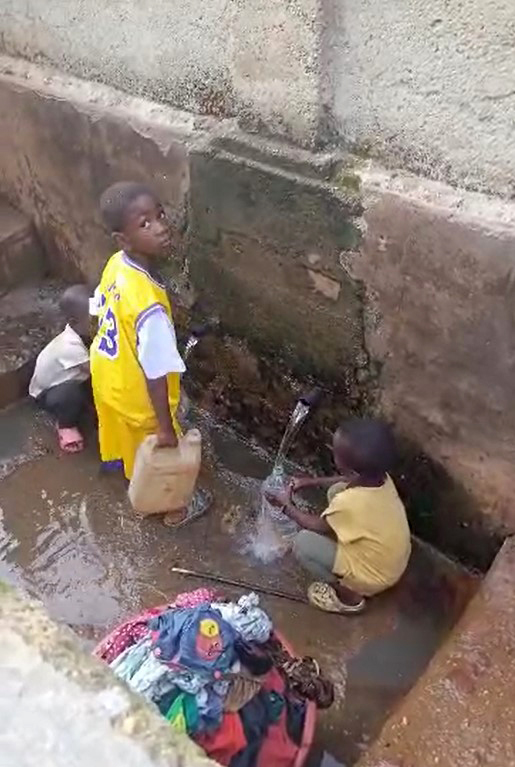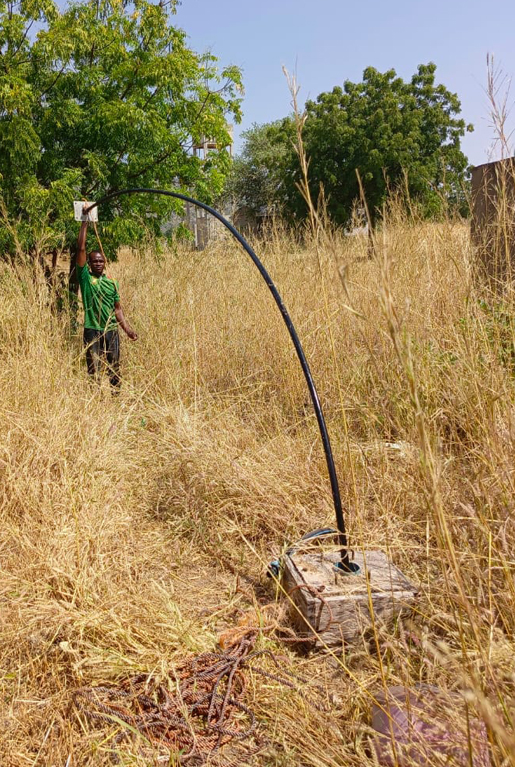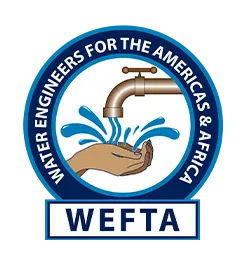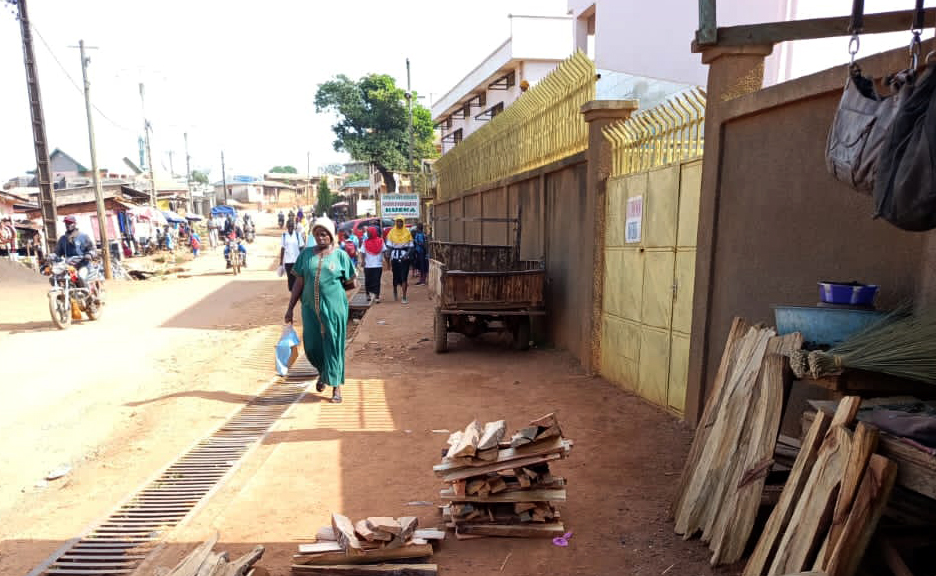WEFTA is dedicated to promoting water, sanitation, and hygiene services (WASH) in healthcare facilities (HCFs) in the countries we serve.
Our projects in 2024 include vital WASH improvements to two HCFs in Cameroon. Collectively, these improvements will impact over 20,000 patients per year, in addition to enabling healthcare staff to better serve those patients.
With 26 percent of its population living below the poverty line, the Republic of Cameroon, located at the crossroads of Central and West Africa, is one of the poorest countries in the world. Cameroon is mainly a rural, agricultural nation where sustainable access to safe water and adequate sanitation are significant challenges. Sadly, over 30% of Cameroonians have no access to basic drinking water services*, and over 57% percent of the population lacks access to basic sanitation services** (2022 UN SDG 6 data).
WASH services are critical in healthcare facilities
WASH services in HCFs in underserved communities are critical to dispensing quality care and preventing the spread of infectious disease. In Cameroon, WEFTA is focused on important upgrades to two healthcare facilities. Our partners in these projects are the Daughters of Charity – International Project Services (DOC) and our in-country partners, Groundwater Development and Engineering Ltd. Together, our work will provide WASH resources in the Kueka Medical Health Center in the Fontain district of Foumban (northwestern Cameroon) and the Saint Therese of the Child Jesus Hospital in Moutourwa (in the Far North). Needs assessments carried out in November 2023, determined each DOC-run location requires: a new protected groundwater well; elevated water storage; water distribution; community water points; and bathrooms for HCF patients and staff. WEFTA looks forward to implementing these essential improvements in Cameroon.
Achieving WASH coverage across all HCFs is vital for reaching the UN Sustainable Development Goals (SDGs) 3 and 6, ensuring healthy lives and promoting well-being, and ensuring availability and sustainable management of water and sanitation for all.
Donate today to help support these projects.
*Basic drinking water service, as defined by the World Health Organization and UNICEF, is access to drinking water from an improved source, provided that the collection time is not more than 30 minutes for a round trip.
**Basic sanitation service, as defined by the World Health Organization and UNICEF, is access to an improved sanitation facility that is not shared with other households.



